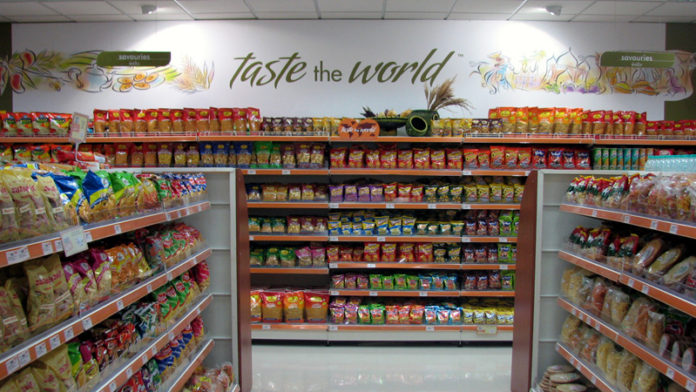ISLAMABAD (ABC) — The once-dominant reign of global brands in Pakistan’s Fast-Moving Consumer Goods (FMCG) market may face a formidable challenge from local contenders.
“Historically, multinational corporations have held a dominant position, utilising substantial budgets, sophisticated manufacturing techniques and imported materials to dictate higher prices. Nevertheless, there seems to be a significant change occurring, leading to a reassessment of consumer attitudes and market tactics,” noted Ahsan Ali Mangi, an additional secretary at the ministry of industries and production.
Talking to WealthPK, he said: “Amidst political turbulence and record-breaking inflation levels, FMCG companies grappled with unprecedented challenges. Depleting foreign reserves and stringent government policies on imports forced companies to reassess their pricing strategies,” he pointed out.
“Are Pakistani consumers beginning to view local brands on par with multinational counterparts in terms of quality? The winds of change suggest a resounding yes,” he noted.
“With escalating inflation and geopolitical uncertainties rocking the country’s economic landscape, consumers are rethinking their purchasing habits. Last year saw a notable double-digit increase in FMCG prices, catalysed by inflation and brand equity considerations, driving significant shifts in consumer behaviour,” he said.
Ahsan Ali said the looming spectre of economic default prompted concerns about production sustainability and the viability of sourcing raw materials from abroad.
“In response, FMCG companies embarked on a tumultuous journey of price adjustments and product optimisation. The year 2023 witnessed a staggering 36% increase in prices across food and non-food sectors, far surpassing conventional benchmarks. Despite volumetric sales decline in key categories like tea, personal hygiene, and homecare, bottom-line profits surged, albeit at a cost.”
Talking to WealthPK, Syed Abbas Zaidi, a joint secretary at the ministry of industries and production, emphasised that despite the turmoil, one fact stood out: grasping consumer habits and adjusting rapidly was crucial for staying afloat.
“Families embraced different shopping habits, leaning towards more frequent buying to handle finances efficiently. Surprisingly, consumers favoured quality over just low prices, altering their brand choices in the bargain,” he noted.
With advertising budgets set to increase in FY24, brands find themselves at a crucial juncture: can they maintain growth despite anticipated price increases and changing consumer attitudes?
The upcoming months pose a significant challenge for FMCG leaders as they navigate through a shifting economic environment and seek to solidify their position in an uncertain market.

